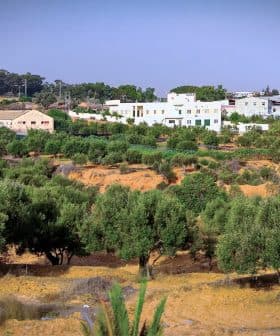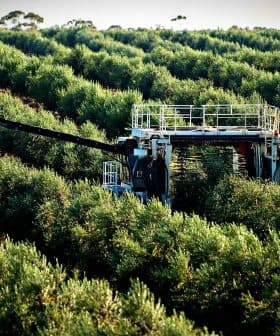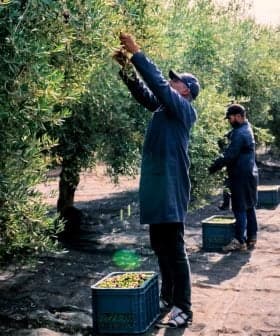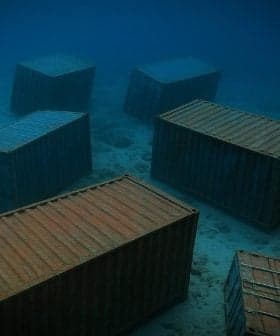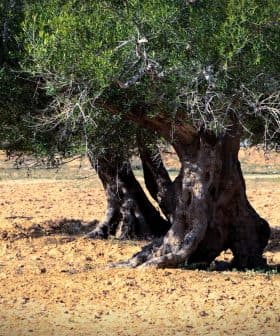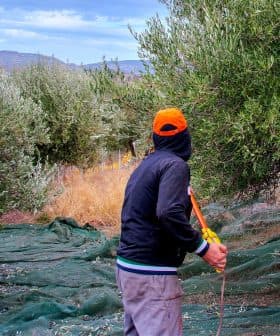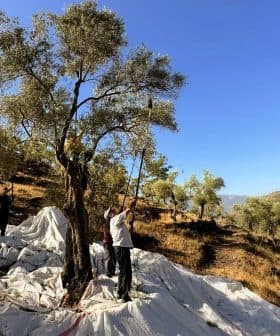One Year After a Devastating Fire in Montenegro, Farmers Continue to Rebuild
While a court ruled that olive growers were entitled to some compensation, the emotional and cultural pains endure.
Ćazim Alković is the president of the Bar Association of Olive Growers, which visited the village of Mrkojevića after a fire caused by a faulty transmission line destroyed 749 centenary olive trees and damaged hundreds more, leading to a significant economic and cultural loss in the region. The association worked with local authorities to compensate growers for the damage and helped them revitalize the groves by cutting down burned trees and planting new saplings, while also receiving support from local organizations like INFOSPORT Bar.
Ćazim Alković is president of the Bar Association of Olive Growers.
On August 12, 2021, a large fire engulfed the village of Mrkojevića near Bar, Montenegro. As the court expert later established, the fire was sparked by a faulty transmission line that ran through the area.
Mrkojevići is known for the cultivation of various crops, especially olives. As a result of the fire, centuries-old olive groves suffered extensive damage.
A coalition of local citizens, members of a local olive growers society, grove owners and firefighters led a superhuman fight to extinguish the fire.
See Also:In Montenegro, Producers Join in World Competition BidHowever, the flames had already swallowed everything in their path, including centenary olive trees. The fight against the fire lasted until the early morning, when it was finally brought under control.
The leadership of the Bar Olive Association visited the affected groves in the morning and quickly organized a meeting with the olive growers who suffered damage to agree on further steps and action.
There was a lot of emotion at the meeting. Growers tearfully talked about how the olive trees planted by their grandfathers and even great-grandfathers disappeared before their eyes.
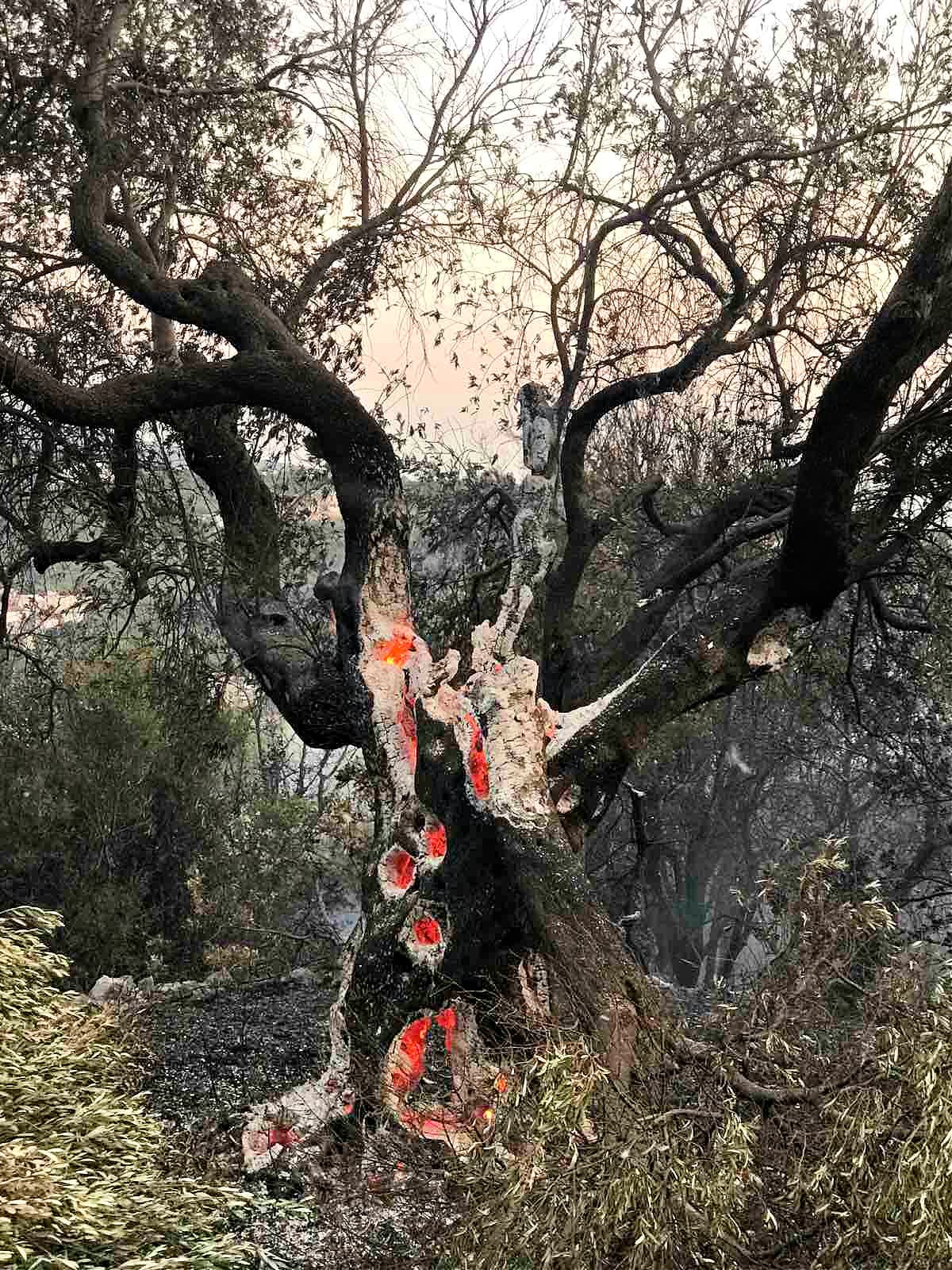
It was not just a material loss. It hurt much more; a treasure created for generations, handed down as a bequest and left to the heirs, was disappearing.
The number of wholly destroyed and partially damaged olive trees was tallied at the meeting.
Overall, 749 centenary olive trees were destroyed, while more than 400 were permanently damaged. Additionally, the flames irreparably damaged 267 other fruit trees, including pears, figs, quinces and vines.
Even the oldest residents of Mrkojevići do not remember a fire that caused more damage than this one.
The Bar Olive Association made a preliminary report of the damage and informed the municipality of Bar and the Ministry of Agriculture, Forestry and Water Management. The association also called on both to help the olive growers repair the damage as quickly as possible.
The municipality of Bar also acted quickly and, on the initiative of the Bar Olive Association, paid each olive grower €100 per destroyed centenary tree and for damaged trees in proportion to the estimated damage.
The association was also in contact with the prosecution, providing material, photographic and video evidence that a fault in the transmission line caused the fire.
The evidence also was submitted by the court to the authorized expert. After a detailed analysis, the expert concluded that the fire was caused by a fault in the power line, which was a prerequisite for the olive growers to file private lawsuits against the Electric Power Company of Montenegro.
Court proceedings in similar cases take a long time, but the court ruled in favor of the olive growers due to the material evidence and expert findings.
The material damage will now be compensated, even though the emotional and cultural value of the centuries-old trees cannot.
The association also was in constant contact with the olive growers and helped them make plans to revitalize the olive groves after the fire.
Most olive growers cut down the completely burned trees and covered the trunks with new soil. Almost every tree cut in this way has yielded a new olive sapling.

Some olive growers did not want to cut down the damaged trees and instead left them to see if they would sprout young shoots.
Some trees have put out shoots, but the dilemma remains whether such a damaged tree can return to its original state.

The non-governmental organization INFOSPORT Bar, headed by activist Miodrag Banović, also organized to help olive growers. Local businesses in Bar provided excavating equipment to help clear the burned land and prepare it for new planting.
Banović also provided 100 olive seedlings for the damaged olive groves, which were planted in this campaign.
After more than a year since the fire, the economic damage caused to the olive growers was significant. However, the historical and cultural damage to the region is even more considerable.
Share this article


